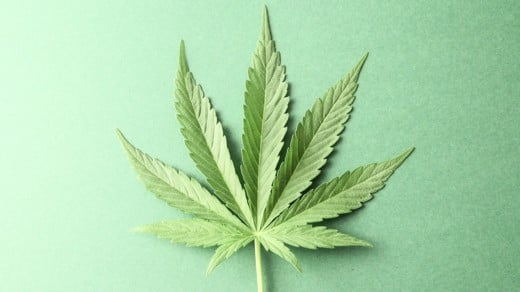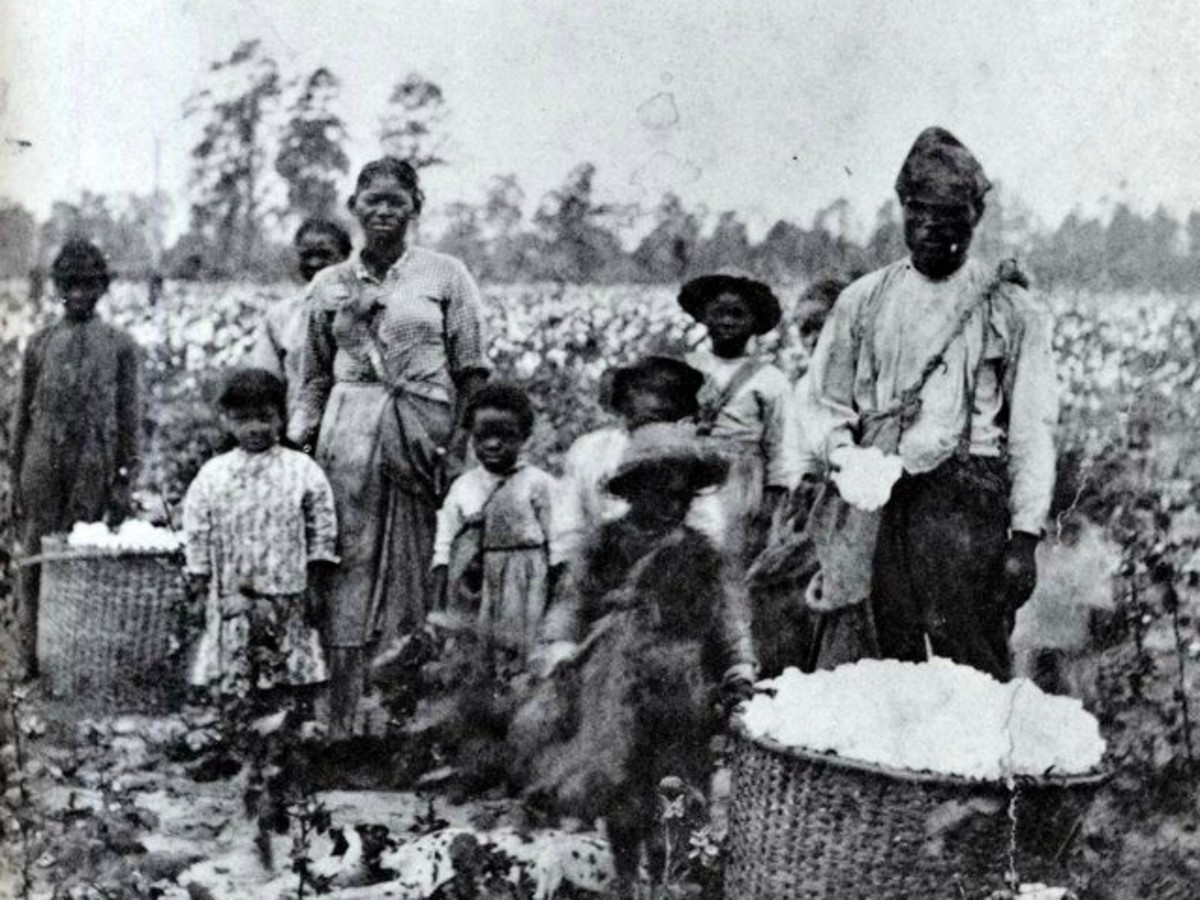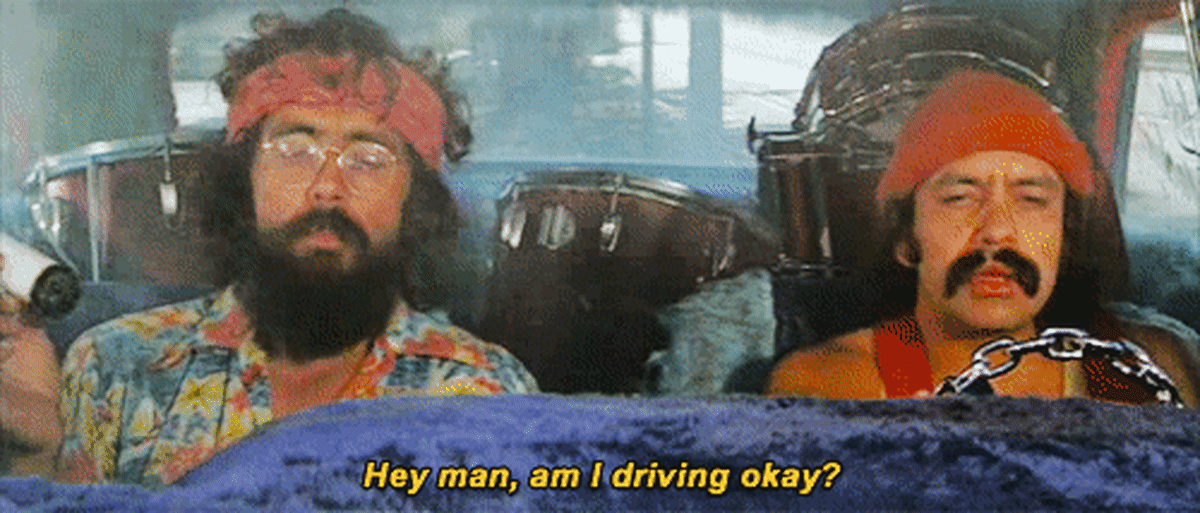The Inevitable Failure of Criminalizing Weed

Edited by Derek Gutierrez and Allison Marvelli
June 18, 1971, “a day that will live in infamy.” The day the underachieving, crooked President Richard Nixon declared drugs to be “public enemy number one.”
Little to his knowledge, this great leader of men kick-started a wave of anti-drug laws and advertisements. The top jewel of them all occurred during the ‘90s when both the NBA’s “Dream Team” and McDonald's came together to talk about the reason people should “Stop it, get some help.” This happened during a massive spike in drug overdoses and usage.
Yet even as the United States government sits and wonders “where it went wrong,” the number of casualties is increasing. Laws will be laid down, whips will be cracking, and the fears will be driven out into every man, woman, and child.
The US government proving once again that they’re run by small babies whose brains have not yet been developed. Could this government even stop a light breeze? We may never know. A study from the University of Stanford states that we spend $50 billion per year trying to remove drugs from this country. Despite this, according to DEA estimates, we confiscate less than 10 percent of all illicit drugs that enter our country.
To understand whether or not we should legalize marijuana, we must understand the reasons people do it in the first place.
The Tales
Based on interactions from sources wishing to remain anonymous, there’s a multitude of reasons why people start to take drugs. A majority of the responses I received were based on either curiosity or as a way to relax during parties.
There are also deeper reasons: a woman I had spoken with said “...I use it for personal issues too...Depression and anxiety, if I get really anxious I will literally burn myself out…it makes me relax and realize it’s not as big of a deal as I’m making it.”
Subsequently, others mentioned simpler issues such as sleep or pain: “...When I do it at the end of the day with my roommates, we do it decompress from a full day of classes and homework.”
A Case for Rationalism
I am speaking as someone who never smoked. Everyone has witnessed people “beat the dead horse” by claiming weed is safer than alcohol, claiming it can be an efficient money producer for the government, or that it provides medical care for some. Those who oppose the legalization argue the following points
-
Frequent use can impair emotional ability and short-term memory, and leads people to be more passive
While it is true that these effects have been documented, the real question is whether you believe the government has the authority to put a gun to your head in order to make you stop.
Freedom is one of the core beliefs that make America great. Freedom, for example, is the right to do what you please with your own body. We, as a nation, are losing this freedom that we so desperately want to keep. Frequently and unprecedented, our rights end where our neighbors' disagreements and arguments begin.
2. Legalization causes an increase in use, which opens companies to get involved
Ultimately, the fact that there is an increase in usage is negligible, because it is all centered on the freedom to do what your heart desires.
Every politician needs to look at a law they’re passing and ask themselves, “Am I willing to shoot the person who doesn’t comply with the law?”; because at the end of the day, that’s all government is: The government should not kill someone for a victimless crime.
3. Weed will lead to an increase in car crashes, just like alcohol
The data for this leaves many skeptical because Colorado is the only state of those that have legalized weed, therefore making it the sole and biased source experiencing an increase in marijuana-related car crashes The issue is that marijuana can stay in the bloodstream for a week making it tough to find an accurate report, according to an article on the Gazette.
However, from the anonymous sources I have spoken with, many say that weed has actually calmed them down and makes them better at driving, these conflicting claims prove there is the need for further research on the issue.
An Antidote to the Chaos
The danger in today's quick fix, the get-rich mindset is obvious. The biggest lie that anyone has ever told in their life was “YOLO”.
If our only purpose in life is to absorb as much as we can before we inevitably die, then what is truly the point of living? If you don’t have a higher meaning in life then why even be here in the first place? This is why, according to NBC news, depression is on the rise for young generations. People are just here for fun and opponents to their methods must be shamed, ridiculed, and criminalized. They are essentially attempting to tick that neurotransmitter as many times as they can so that they can feel good about themselves. That is not a life to live by, that is depression.
Phrases such as “deal with it,” and “life ain't fair,” are seen as heresy to millennials today. A significant amount of modern American culture includes weed as the center of its depravity.
How many drinks can I shove into my mouth to find some semblance of happy thoughts? How many nights with excessive amounts of promiscuous women must I partake in because my entire existence is coiled around pleasure? How many parties can I go, wherein I perform suggestive dances on random strangers, in order to make everyone laugh and become viral on the internet?
The quality of your life will be in direct response to the thoughts you have on a regular basis,
It’s a part of the reason why a lot of people lack the drive of adversity. Many people say they want to be this kind of person or do this kind of career, but they do not seriously mean it. They get caught up in the moment and end up making a fool of themselves. Weed will do nothing but hamper your chances of achieving your purpose.
The pains you deal with when going through withdrawals are always temporary, they may last a while, but eventually, they go away.
Nevertheless, even though this is probably one of the lead popular things to say in college, you need some tough love.
© 2019 Steven A Hall







